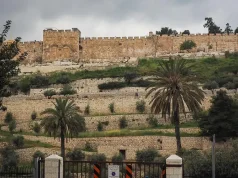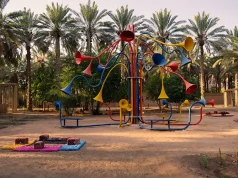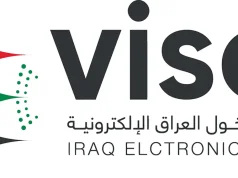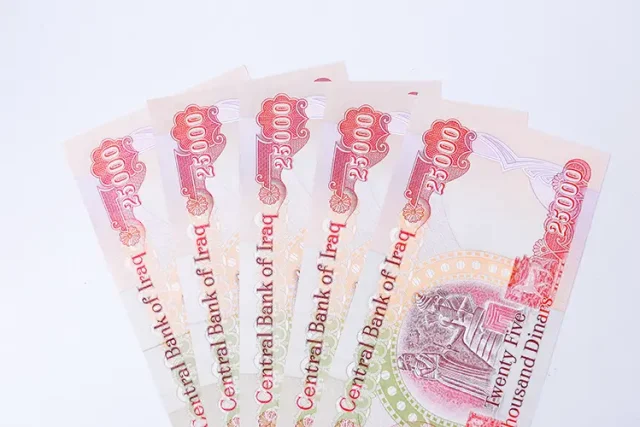
The Iraqi Dinar (IQD) is the official currency of Iraq. You’ll often see prices written in thousands or even tens of thousands, which can feel a little overwhelming at first. That’s because 1 US dollar equals a few thousand dinars – so don’t be surprised if your lunch costs 10,000 IQD or more.
Iraqi banknotes come in various denominations, including 250, 500, 1,000, 5,000, 10,000, 25,000, and 50,000 IQD. Coins exist too, but they’re rarely used in daily life. And because of this, it’s important to learn a bit more about the Iraqi Dinar before you travel to Iraq. Here are some tips to help you out!
Tip #1: Bring Cash (But Not Too Much)
While larger cities like Baghdad and Erbil have ATMs and limited card acceptance in hotels or high-end restaurants, Iraq is still largely a cash economy. That means you’ll need dinars on hand for taxis, market shopping, cafés, and most everyday purchases.
Many ATMs in Iraq only support local bank cards, and international cards may not always work – even in more developed areas. That makes carrying cash your most reliable option.
However, don’t carry large sums of money at once. Use a hotel safe when available and split your cash between pockets or bags to reduce risk. Having a discreet money pouch or hidden travel wallet is also a good idea, especially when navigating busy streets or markets. It’s just common sense safety, especially in crowded areas.
Tip #2: Know Where to Exchange Money
You’ll find currency exchange offices in airports, malls, and city centres. Many travellers prefer to exchange a small amount of money at the airport just to get started, then find better rates at local exchange shops (called “sarrafas”) in town. These local shops often offer more competitive exchange rates and don’t charge high fees.
When exchanging, always count your money on the spot and keep your receipt in case you need to convert any unused dinars back later. Avoid exchanging money with individuals on the street, even if they offer a great rate. Stick to authorised and clearly marked exchange points for a safe and transparent transaction.
Tip #3: Learn the Notes (and Watch for Fakes)
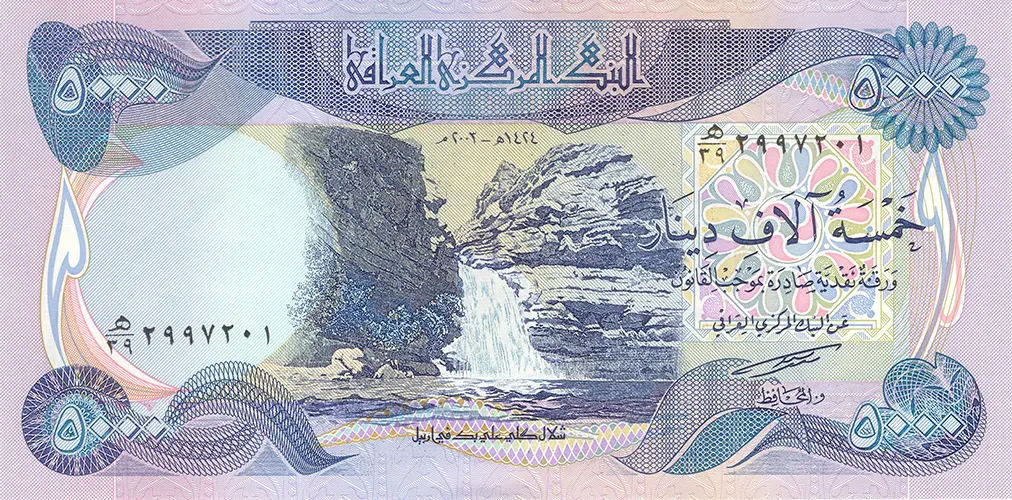
Get to know the look and feel of different dinar banknotes. The designs feature historical figures, Iraqi landmarks, and inscriptions in Arabic and Kurdish. Familiarising yourself with them will help you avoid confusion when making payments.
While counterfeiting isn’t rampant, it’s smart to double-check larger notes – especially 25,000 and 50,000 IQD bills. Hold them up to the light and look for embedded security features like watermarks, holographic strips, and raised print. If a note looks unusually worn or printed off-centre, it’s worth being cautious.
You might also notice that some notes have slightly different designs or colours depending on the issue date. That’s normal, but if you’re unsure, don’t hesitate to ask a local shopkeeper or your guide for a quick confirmation.
Tip #4: Don’t Rely on Credit Cards
Some major hotels or airlines may accept international credit cards, but outside of that, plastic isn’t widely used. Expect to pay in cash almost everywhere – from restaurants and souvenir stalls to taxis and entrance fees at attractions.
Even when cards are accepted, machines may be offline or malfunctioning, so it’s risky to rely on them. If you do find a place that accepts cards, make sure to ask whether there’s a surcharge for using one, as fees can be steep.
Also, notify your bank before your trip to avoid any card blocks while you’re abroad. But as a general rule, keep enough cash on hand for at least a couple of days, just in case.
Tip #5: Keep Small Change Handy
This tip sounds minor but makes a big difference: always carry small bills. Many vendors, especially at local markets or small cafés, don’t have change for large denominations. If you try to pay for a 2,000 IQD snack with a 25,000 IQD note, you might get a confused look – or be asked to wait while change is found.
To avoid delays or awkward moments, try to break bigger bills at supermarkets, gas stations, or hotel restaurants where change is more likely to be available. Keep a mix of 250, 1,000, and 5,000 IQD notes in an easy-access pocket or wallet so you’re never caught short.
Tip #6: Tipping Isn’t Mandatory (But It’s Nice)
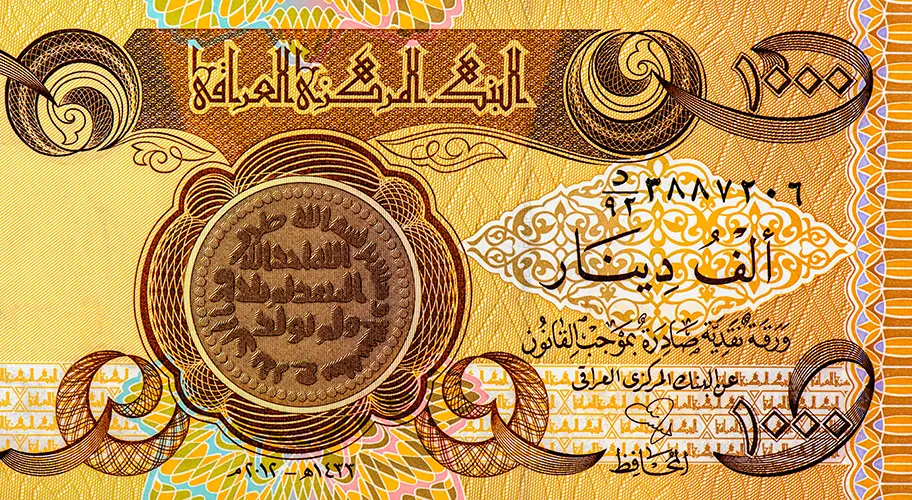
Tipping isn’t expected everywhere in Iraq, but it is appreciated. In restaurants, rounding up the bill or leaving a bit of change for good service is common practice. In hotels, porters, housekeepers, and drivers will also appreciate a small tip – usually the equivalent of $1 – $3, depending on the service.
Taxi drivers don’t typically expect a tip, but you can round up to the nearest 1,000 IQD if the ride was smooth and the price fair. Tour guides, especially private ones, generally do expect a gratuity if they’ve provided a good experience.
If you’re unsure, just follow what locals are doing – or ask your guide or host what’s appropriate in each situation. A little generosity goes a long way toward building friendly rapport.
Tip #7: Be Prepared for Dual Pricing
In some tourist areas, you might notice prices listed in both Iraqi Dinar and US Dollars – especially in hotels, airports, and upscale restaurants. While this can be convenient, it often means you’re paying a higher rate than locals.
If you’re given the choice, ask to pay in dinars. It’s typically the better deal, and it ensures you’re not overpaying due to a marked-up exchange rate. Just double-check the math and be polite if you need clarification – most vendors will appreciate the effort to use the local currency.
Also, having a currency conversion app on your phone can help you quickly compare prices and avoid confusion.
Be Money Smart, Travel Easy
We know that navigating a new currency can feel intimidating at first, but getting to know the Iraqi Dinar (or any other currency, depending on where you travel) before your trip can make a big difference. Bring some cash, stay alert, know where to exchange, and you’ll be well-prepared to explore Iraq without money worries.
And remember – just like with any travel destination, a little planning goes a long way. Enjoy your journey!


